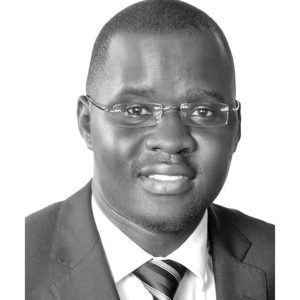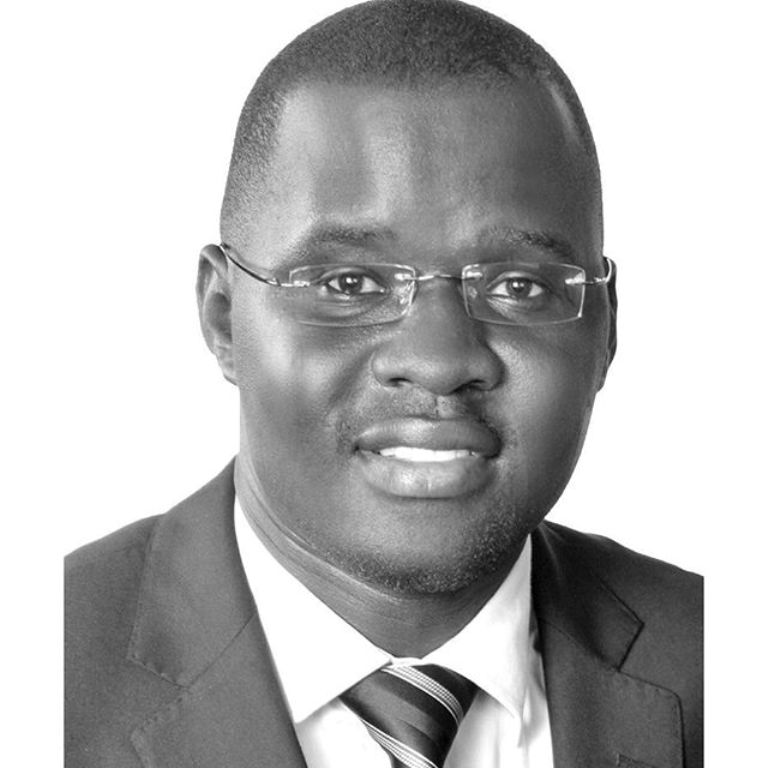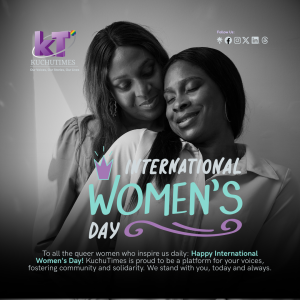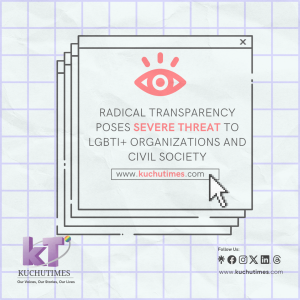 Nicholas Opiyo is probably most known as the lawyer that spearheaded the team that saw the Anti Homosexuality Act struck down by the Constitutional Court in 2014. For that, Opiyo was forced to relinquish his position as General Secretary of the Uganda Law Society.
Nicholas Opiyo is probably most known as the lawyer that spearheaded the team that saw the Anti Homosexuality Act struck down by the Constitutional Court in 2014. For that, Opiyo was forced to relinquish his position as General Secretary of the Uganda Law Society.
The previous year, Opiyo had set up Chapter Four, a civil organization dedicated to the protection of civil liberties and promotion of human rights for all in Uganda. Fast forward, Opiyo arguably the most renowned human rights lawyer in Uganda is now being recognized for his tireless work towards the unfair civil situation in the country.
Latest on his list of credit achievements is the Human Rights Watch Alison Des Forges award for Extraordinary Activism.
Through their Facebook page, Chapter Four congratulated their founding Director and said, “The award from the world’s leading human rights organisation, Human Rights Watch, is a great honor to Mr. Opiyo, Chapter Four and the Ugandan human rights community. Past recipients include activists who have stood in the face of persecution and repression in places like Ethiopia, North Korea, Iran, and or Zimbabwe.”
According to Kenneth Roth, Executive Director of Human Rights Watch the award was given to Opiyo in recognition of hi “unfaltering dedication to upholding the human rights of all Ugandans by challenging discriminatory laws and speaking out for universal human rights principles.
The Lesbian Gay Bisexual Transgender and Intersex (LGBTI) community as a whole applaud Opiyo and his ilk for the tremendous work they do for sexual and gender minorities.
About Chapter Four
Chapter Four Uganda mobilizes domestic, regional and international legal expertise to provide public interest litigation, strategic litigation, legal representation and lawyering as a means to access justice, obtain redress for the abuse of civil liberties and protect human rights.
Chapter Four Uganda employs both proactive and reactive means to achieve its objectives. We provide research, advocacy and outreach services as a means to influence laws, policies and practices; and in cases where laws, policies and practices threaten civil liberties and human rights, challenge them in courts of law.
The organization gives priority to the cases with the greatest impact (far reaching impact), as well as those involving the most vulnerable and marginalized groups.




